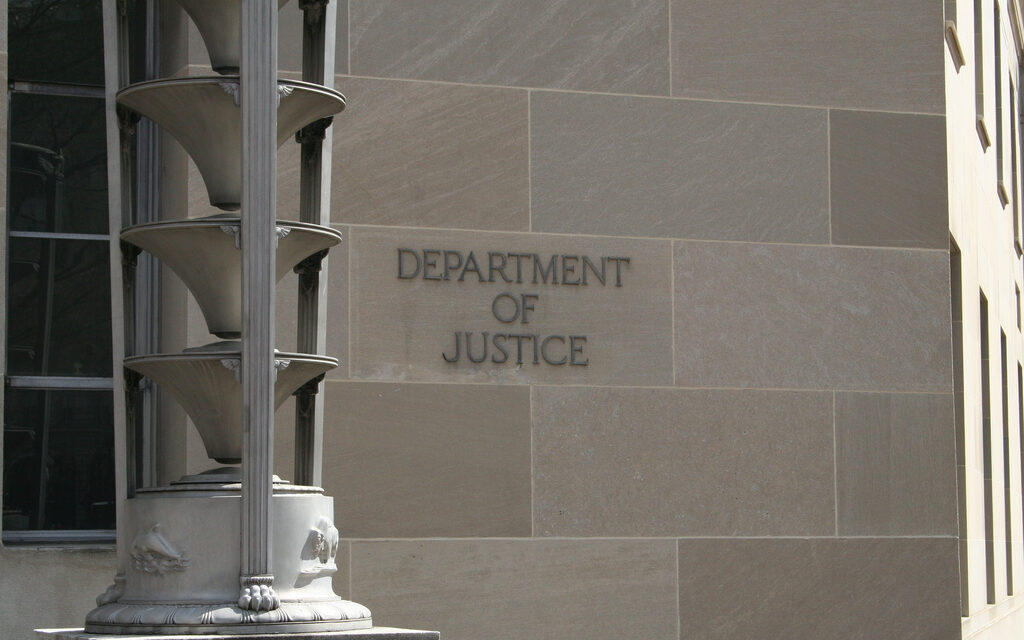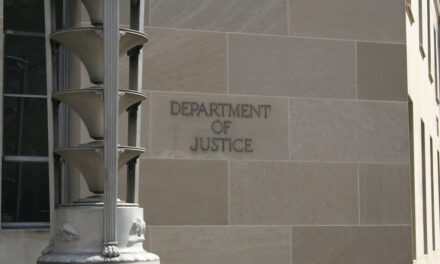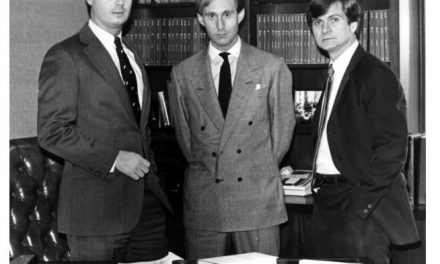I actually agree with 99 percent of the argument Jonah Goldberg is making at the National Review. He’s very gently trying to talk some sense to his very conservative audience and explain why it is most definitely in the nominee’s and the nation’s and the Republican Party’s interests to back down on the objection to having the FBI do a quick investigation of the allegations that have been aimed Brett Kavanaugh.
His assumption, of course, is that the FBI would not find anything conclusive or damning, and the net result would be to make his accusers look like smear merchants. That may be an optimistic prediction, but certainly Kavanaugh would be a better place if he had some kind of bill of good health from the FBI. If, on the other hand, he is confirmed without the FBI clearing him, this controversy will dog him and the entire court for his entire tenure, which could be several decades long. And, as Goldberg points out, even if Kavanaugh drops out and is vindicated later, that will be too late to salvage any portion of his reputation. It no longer makes sense to resist the FBI’s involvement.
There are a variety of problems with this argument, but the primary one is that the whole context of it is that the Democrats have been engaged in an entirely bad faith endeavor from the beginning and that the request for an FBI investigation was simply a way of trying to delay a vote. This is taken as given by Goldberg and his audience, so his first job is to explain why this tactic should no longer be resisted.
I don’t think that’s an accurate way of looking at what happened in this case. The original complaint was delivered by Dr. Christine Blasey Ford prior to Kavanaugh being named as the nominee. The motivation seems to have been to prevent Kavanaugh from being nominated in the first place. As for the delay in it becoming public, that seems related to Dr. Ford’s desire to remain anonymous. It’s not clear who leaked her name to reporters, but it made little sense to wait until after the hearings had concluded to do so if the object was to stop Kavanaugh’s confirmation. In any case, the reason people called for an FBI investigation was because Dr. Ford decided to go public with her allegations after she realized her identity had become widely known and reporters came after her asking questions.
The Democrats do have reason to want to delay the vote on Kavanaugh and to defeat his nomination if possible, and that would be true even if there were no allegations against him. But it just seems wrongheaded to interpret the call for FBI involvement as a simple delaying tactic. To my mind, the same logic Goldberg is applying now also applied the moment Dr. Ford came forward. Nothing has really changed about how Kavanaugh can and cannot clear his name, or about the politics of trying to plow forward without doing a serious investigation. It’s true that more information has emerged making Kavanaugh’s position even more precarious, but that hasn’t really changed what the response should have been at the start.
My suspicion from the beginning was quite different from Goldberg’s. I thought that the Republicans believed that Kavanaugh could weather Dr. Ford’s allegations but were concerned that more information would come out if they allowed a delay to investigate her claims. In other words, I was giving them credit for foresight and an accurate appraisal of Kavanaugh’s character. Maybe I shouldn’t have.
I just asked Sen. Lisa Murkowski, key GOP swing vote, if there should be a full FBI investigation into allegations from Kavanaugh’s past. “It would sure clear up all the questions, wouldn’t it?” she said
— Manu Raju (@mkraju) September 25, 2018
In any case, I’m seeing multiple reports now on Twitter from folks who cover the Republican side in Congress that Mitch McConnell does not currently have the votes he needs to confirm Kavanaugh. Goldberg concurs in that assessment. For this reason, it doesn’t look like it will be possible to confirm him without an FBI investigation.





